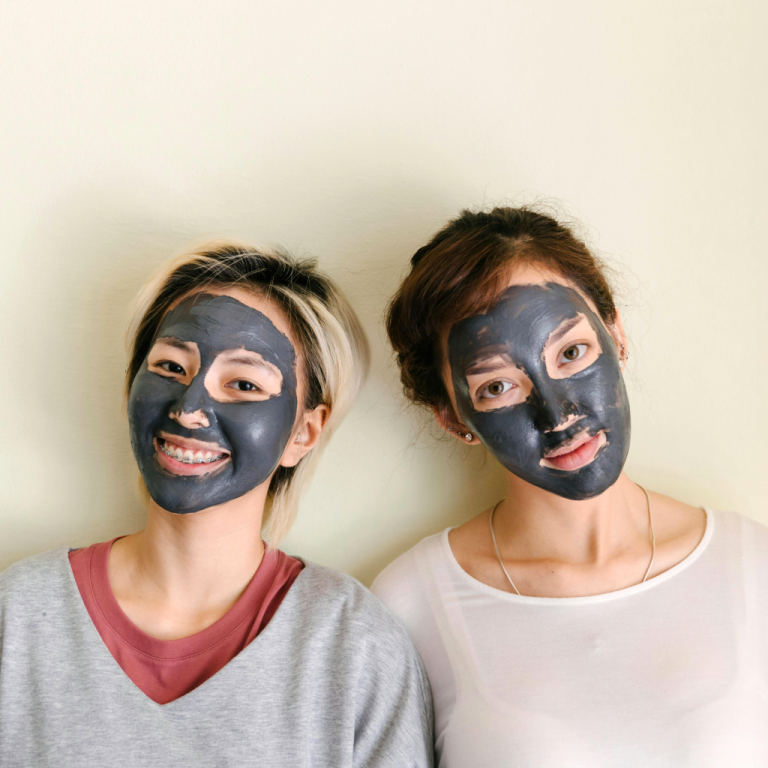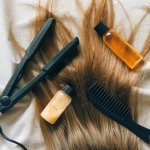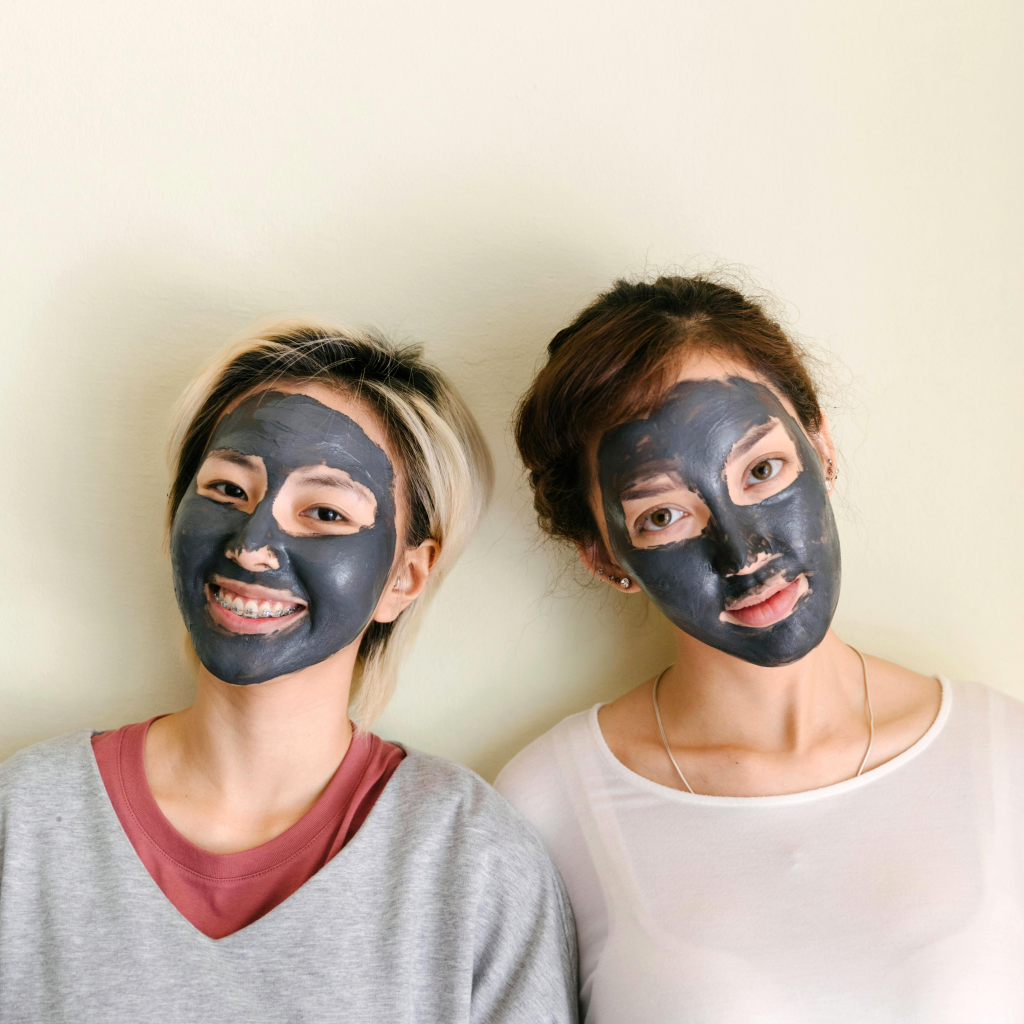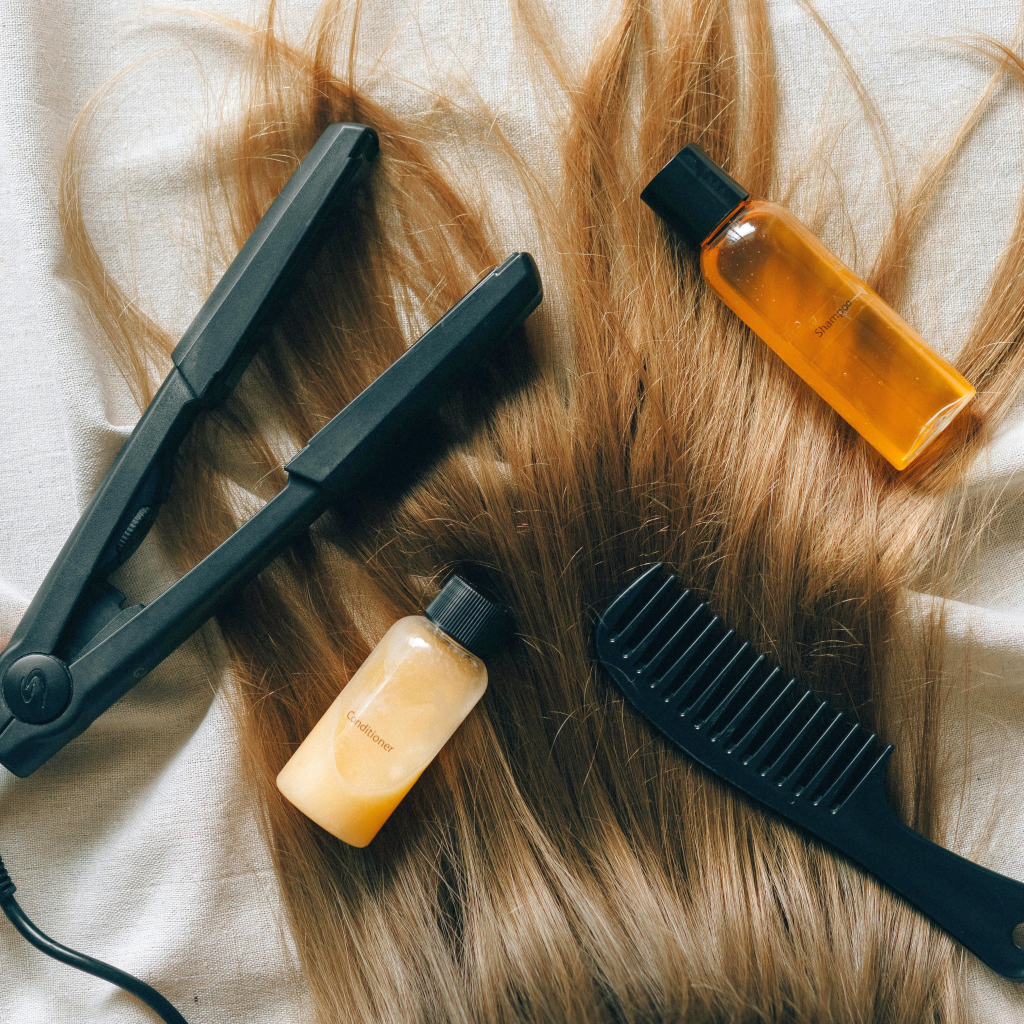In the pursuit of radiant, healthy skin, establishing a comprehensive daily facial care routine is paramount. This in-depth guide will walk you through every step of an effective skincare regimen, helping you understand not just the ‘how’, but also the ‘why’ behind each step. Whether you’re a skincare novice or a beauty aficionado, this guide will provide valuable insights to elevate your daily routine.
Understanding Your Skin Type
Before diving into the routine, it’s crucial to understand your skin type. This knowledge will guide your product choices and help you tailor your routine for optimal results.
- Normal Skin: Well-balanced, not too oily or dry, with few imperfections.
- Dry Skin: Feels tight, may have flaky patches, and is prone to fine lines.
- Oily Skin: Appears shiny, has enlarged pores, and is prone to acne.
- Combination Skin: Oily in some areas (usually T-zone) and dry in others.
- Sensitive Skin: Easily irritated, may sting or burn after product use.
Now, let’s delve into the comprehensive morning and evening routines.
Morning Routine
- Cleanse Start your day with a gentle cleanser to remove any oils or impurities that accumulated overnight. Use lukewarm water and massage the cleanser in circular motions for about 60 seconds. This not only cleans your skin but also boosts circulation.
- For dry skin: Choose a creamy, non-foaming cleanser
- For oily skin: Opt for a gel-based or foaming cleanser
- For sensitive skin: Look for fragrance-free, hypoallergenic options
- Tone Toning is an often overlooked but crucial step. It helps balance your skin’s pH, which can be disrupted by cleansing. Additionally, it prepares your skin to better absorb the products that follow. Apply an alcohol-free toner using a cotton pad or your clean hands. Gently pat it onto your face, moving from the center outward. Look for ingredients like:
- Rosewater or chamomile for soothing properties
- Glycerin or hyaluronic acid for hydration
- Green tea or niacinamide for antioxidant benefits
- Essence (Optional) Popular in Korean skincare routines, essences provide an extra layer of hydration and can help with skin cell turnover. They’re particularly beneficial for dry or mature skin types. Pour a small amount into your palms and gently press it into your skin.
- Serum Serums are concentrated formulations designed to target specific skin concerns. They contain smaller molecules that can penetrate deeper into the skin. Choose a serum based on your primary skin concern:
- Vitamin C for brightening and antioxidant protection
- Hyaluronic acid for intense hydration
- Niacinamide for pore refinement and oil control
- Peptides for anti-aging benefits
- Eye Cream The skin around our eyes is delicate and prone to showing signs of aging and fatigue. Use a specialized eye cream to address concerns like:
- Puffiness
- Dark circles
- Fine lines and wrinkles
- Moisturizer Moisturizing is crucial for all skin types, even oily skin. It helps maintain your skin’s barrier function and can prevent excess oil production in oily skin types. Choose a moisturizer appropriate for your skin type:
- Dry skin: Rich, cream-based formulas
- Oily skin: Lightweight, oil-free, or gel-based moisturizers
- Combination skin: Lightweight all over, with a richer formula on dry areas
- Sensitive skin: Fragrance-free, hypoallergenic options with soothing ingredients
- Sunscreen This is arguably the most important step in your morning routine. Sun damage is the primary cause of premature aging and increases the risk of skin cancer. Choose a broad-spectrum sunscreen with at least SPF 30. Apply generously to all exposed areas, including your face, neck, ears, and hands. Remember to reapply every 2 hours, especially if you’re outdoors or swimming.
- For oily skin: Look for oil-free, mattifying formulas
- For dry skin: Choose moisturizing sunscreens with ingredients like glycerin or hyaluronic acid
- For sensitive skin: Mineral sunscreens with zinc oxide or titanium dioxide are often better tolerated
Evening Routine
- Double Cleanse The evening routine starts with a thorough cleanse to remove all traces of makeup, sunscreen, and daily grime. a) First Cleanse: Use an oil-based cleanser or micellar water. These are effective at breaking down makeup and sunscreen. Massage gently into dry skin, then rinse or wipe off with a soft cloth. b) Second Cleanse: Follow with a water-based cleanser appropriate for your skin type. This ensures your skin is thoroughly clean and ready for the rest of your routine.
- Exfoliate (2-3 times a week) Exfoliation removes dead skin cells, unclogs pores, and helps other skincare products penetrate better. However, it’s important not to overdo it. Choose between:
- Chemical exfoliants: AHAs (like glycolic acid) for surface exfoliation or BHAs (like salicylic acid) for deeper pore cleansing
- Physical exfoliants: Gentle scrubs or exfoliating tools
- Tone Just like in the morning, use a toner to rebalance your skin’s pH and add an extra layer of hydration.
- Treatment Nighttime is ideal for using more potent active ingredients as your skin goes into repair mode while you sleep.
- Retinoids (Retinol, Tretinoin): Powerful for anti-aging, acne control, and overall skin renewal. Start with a low concentration and use 2-3 times a week, gradually increasing frequency.
- Acne spot treatments: Apply only on problem areas.
- Hydrating serums: Look for ingredients like hyaluronic acid, ceramides, or peptides.
- Eye Cream Apply your eye cream as in the morning routine. Nighttime eye creams are often richer and may contain ingredients like retinol for more intensive treatment.
- Night Cream or Face Oil Seal in all the goodness with a nourishing night cream or facial oil. These tend to be richer than day creams and provide intense hydration.
- Dry skin: Look for rich creams with ingredients like shea butter, oils, or ceramides
- Oily skin: A lightweight moisturizer or a non-comedogenic oil like jojoba or squalane can be beneficial
- Aging skin: Night creams with retinol, peptides, or growth factors can boost collagen production
Additional Considerations
- Weekly Treatments Incorporate a face mask 1-2 times a week for an extra boost. Options include:
- Clay masks for oily skin
- Hydrating sheet masks for dry skin
- Enzyme masks for gentle exfoliation
- Lifestyle Factors Remember that skincare isn’t just about products. Other factors that significantly impact your skin include:
- Diet: Eat a balanced diet rich in fruits, vegetables, and omega-3 fatty acids
- Hydration: Drink plenty of water throughout the day
- Sleep: Aim for 7-9 hours of quality sleep each night
- Stress management: Practice stress-reduction techniques like meditation or yoga
- Exercise: Regular physical activity boosts circulation and can give your skin a healthy glow
- Seasonal Changes Your skin’s needs can change with the seasons. You may need to:
- Use richer products in winter to combat dryness
- Switch to lighter formulas in summer if your skin becomes oilier
- Increase sun protection during summer months
- Patience and Consistency Remember, good skin takes time. It typically takes 4-6 weeks to see results from a new skincare routine. Be patient and consistent with your regimen.
- When to See a Professional Consider consulting a dermatologist if you:
- Have persistent skin issues that don’t improve with over-the-counter products
- Are unsure about your skin type or concerns
- Want to start using prescription-strength products like tretinoin
Remember, everyone’s skin is unique. What works for one person may not work for another. It may take some time to find the perfect routine for you, so be patient and attentive to how your skin responds to different products.
We’d love to hear about your skincare routines and experiences! Please share your thoughts, tips, or questions in the comments below. Have you found a holy grail product that transformed your skin? Tell us about it!
Don’t forget to share this comprehensive guide with your friends and family who might benefit from elevating their skincare routine. Here’s to your journey towards healthier, more radiant skin!





